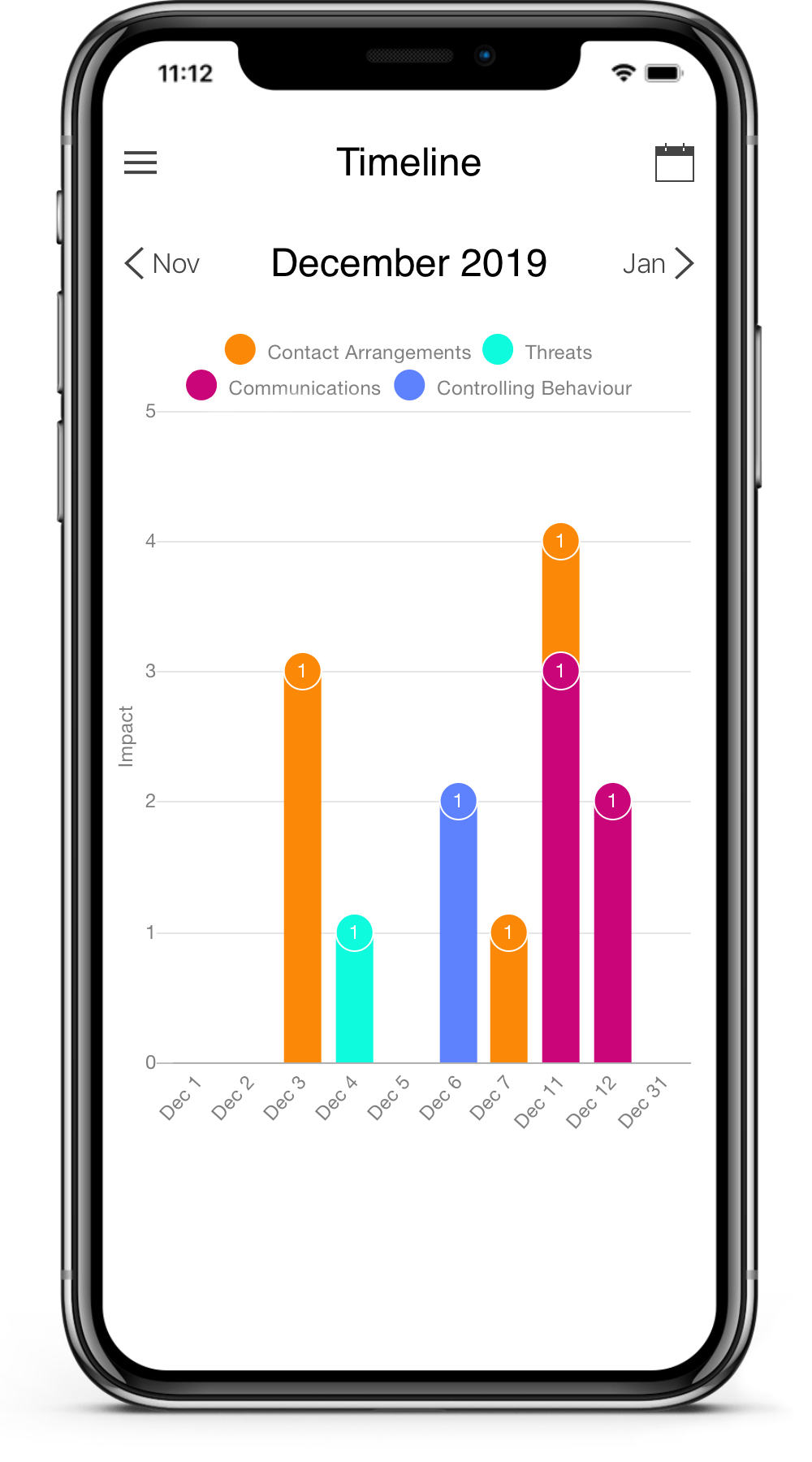In cases where parents cannot agree arrangements for children after family breakdown the decisions have to be made by a Court. This might be a decision about which parent the child lives with and how much of the time (residence) or about the type, duration and frequency of visits to see the other parent (contact). If at all possible it is best to try to reach an agreement without going to the Court but when this is impossible and there is going to be a Court hearing, you need to understand how decisions are made and the kinds of things which inform the Court’s decision making because a lot will depend on the evidence you give.
The Children Act 1989 sets out how the Court will deal with the issues. Firstly, the child’s welfare will be the Court’s top priority. Secondly, any delay is seen as being bad for the child. Thirdly, the Court will pay attention to the list of factors referred to as the welfare checklist:
- the ascertainable wishes and feelings of the child concerned (considered in the light of the child’s age and understanding);
- the child’s physical, emotional and educational needs;
- the likely effect on the child of any change in circumstances;
- the child’s age, sex, background and any characteristics which the Court considers relevant;
- any harm which the child has suffered or is at risk of suffering;
- how capable each of the child’s parents, and any other person in relation to whom the Court considers the question to be relevant, is of meeting his needs;
- the range of powers available to the Court.
Unless there is good evidence against it, the Court has to assume that the involvement of a parent in the life of a child will be beneficial to the child.
The Court’s understanding of the competing arguments of the parents comes from reading your statements, hearing the evidence you give as a witness and maybe by also hearing evidence from a Child and Family Reporter appointed by CAFCASS who writes a report having seen the parents and children and made enquiries.
Your statement to the Court will be crucial in making your case. It will be most effective if you can back up what you say with factual evidence that supports it. By using our app from early on, ideally from when things start to go wrong, you will have started gathering the information you will need to go in your statement so that you make your best possible case. Good records will be helpful too when you speak to the Child and Family Reporter and might go towards influencing their recommendation to the Court.
If you keep a clear record of what happens over time, it will be much easier to make a good statement when the time comes. Without it it’s difficult. If you have kept a record, you will not have to fall back on making general criticisms of the other parent. That kind of broad brush approach of raising a lot of rather vague criticisms can sound unreasonable and hyper-critical and makes you look bad. If, for example, you need to say that your partner is rude to you in front of the children and is unreliable and untrustworthy, that’s difficult for the Court to assess unless you can give clear examples of such things happening, describing each event and giving the date and time. The better your records and the more you are able to give examples of things that have happened, the more the Court will understand, helping with decision making.
What if a local authority is involved with your children and maybe even seeking orders?
These are particularly difficult cases where you will have free legal advice and representation.
You should always consult your solicitor about how to approach a case like this but if you believe you are not being given a fair hearing our app will help you record what’s going on so that it can be used in your statement. For example if the social worker doesn’t visit very much or only spends short periods of time with you, keep a record of that. See what your solicitor says about it and see what you might record that could be helpful to your case.
What headings (‘labels’) to use
If you have more than one child it may be better to use separate labels for each child especially if their experiences of your partner are different.
Some labels which might be used to do with contact problems are:-
- Lateness on arrival and/or return
- Failure to turn up
- Concerning behaviour
- Involving child in the dispute
Of course there are cases where what’s being said about you is not true. You could find that false allegations are being made against you. Keeping an accurate record of events yourself will help you to set the record straight and prove your case. For example, evidence such as photos or videos which are automatically tagged with location and time would prove that you turned up, that you did so on time and can show how you spent your contact time, where you went and what you did.
Record Examples
Take a look at the examples below for further information and guidance.

Get started today
Download the app from the store and start building your evidence today. The free version of ONRECORD allows you to add five records and tryout the app before you subscribe either to the mobile app on its own or the mobile and web apps together. Read our guidance on how to keep effective records.


